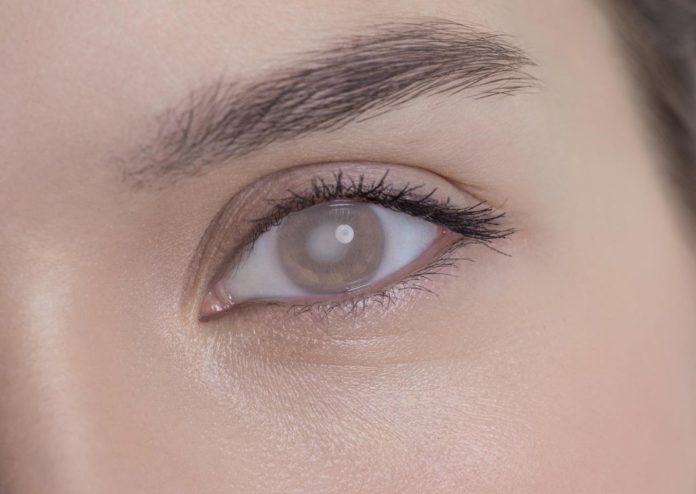Is cataract surgery a good option later in life? Find out the average age for cataract surgery and whether it’s a safe option for seniors.
Cataracts are a normal part of aging for many seniors, but they may not need cataract surgery at all. If they do, what age does it normally happen and is it safe for older people to have the surgery? The good news is cataract surgeries are some of the most common and successful surgeries.
There is the possibility of complications, but they are rare and often treatable. If you or a loved one is diagnosed with cataracts and is considering surgery, we’ve put together a helpful guide that will help you understand the problem, the average age for cataract surgery, and the risks involved with surgery.
The Average Age for Cataract Surgery
As the human body ages, proteins in the lens of the eye break down, leading to it becoming cloudy. It’s likely not noticeable at first and even after diagnosis unless it’s causing problems with daily life or if it causes problems treating other eye issues.
People can begin developing cataracts after the age of 40, but the average age for surgery is around 60. Some people may never develop cataracts and others may develop them late in life or slowly and never need cataract surgery.
Cataracts can cause blurry vision, cloudy vision, double vision or difficulty seeing at night. Colors can also look dull because of the cloudiness in the eye.
Types of Cataract Surgery
There are two types of cataract surgery: phacoemulsification and extracapsular surgery. With phacoemulsification, doctors create an incision in the cornea and insert a small probe. The probe uses sound waves to break up and soften the lens so the cataract can be sucked out.
Extracapsular surgery requires a larger incision and removes the entire cloudy core as a single piece and the rest of the lens is suctioned. Once the lens is gone, an artificial lens is placed over it and become a regular part of the eye.
Most modern-day cataract surgeries involve the phacoemulsification method.
Surgery Risks and Is it Safe for the Elderly?
Cataract surgeries, like all surgeries, does have some risk. The most common risks include infection, inflammation, bleeding and increased risk of retinal detachment.
Doctors may require patients to stop taking blood thinners and other medications that increase the risk of bleeding. It’s important to follow the doctor’s instructions after the surgery to reduce the risk of infection including washing their hands before touching their eyes and take required medications.
If infection sets in, then it could lead to vision loss.
While rare, retinal detachment is possible, especially if there are other underlying eye problems. If a patient notices a sudden increase in “floaters” or “cobwebs” in their vision, then they should see their eye doctor as soon as possible.
Trust Your Doctor When It Comes to Surgery
If you do develop cataracts, then ask your doctor their opinion on surgery. If you’re younger and don’t have any vision issues, then they’ll probably wait. Even if it’s done after the average age for cataract surgery, the risks are relatively low and treatable.
If you want to learn more about cataract surgery, then please explore our site.



















